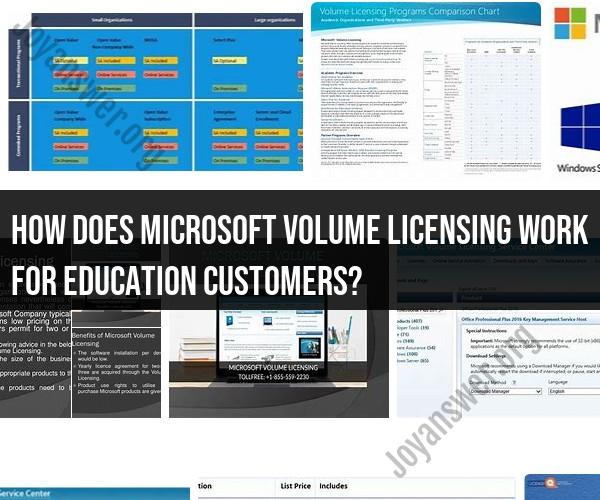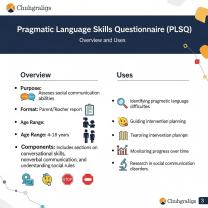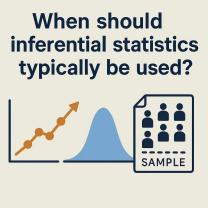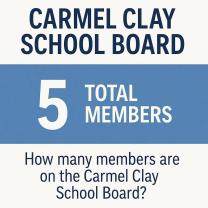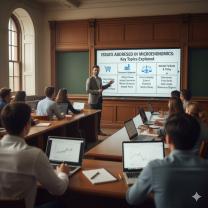How does Microsoft volume licensing work for education customers?
Microsoft licensing for educational customers is a specialized licensing program designed to meet the software and technology needs of educational institutions, including K-12 schools, colleges, and universities. Microsoft offers a range of licensing options and programs tailored to the unique requirements of educational organizations. Here are the key dynamics and considerations for Microsoft licensing in education:
Microsoft Education Licensing Programs:
- Microsoft provides several licensing programs for educational institutions, including:
- Microsoft Enrollment for Education Solutions (EES): A subscription-based licensing program that offers access to a wide range of Microsoft products and services.
- Microsoft Academic Volume Licensing: Tailored for colleges and universities, this program provides discounted pricing on software licenses.
- Microsoft School Enrollment: Designed for K-12 schools, this program offers affordable licensing for Microsoft products.
- Microsoft Open License for Academic: Provides flexibility in licensing for smaller educational institutions.
- Office 365 Education: A cloud-based subscription service that includes productivity and collaboration tools for students and educators.
- Microsoft provides several licensing programs for educational institutions, including:
Eligibility and Verification:
- Educational institutions must meet specific eligibility criteria to qualify for Microsoft's educational licensing programs.
- Verification of eligibility may be required, such as proof of accreditation or documentation of educational status.
Volume Licensing vs. Subscription Models:
- Educational organizations can choose between traditional volume licensing models, which involve one-time purchases of software licenses, and subscription models that offer ongoing access to software and services for a specified period.
Software and Services Offered:
- Microsoft's educational licensing programs typically include a range of software products and services, such as Microsoft Office, Windows, Azure, and more.
- Educational institutions can select the products and services that best suit their needs.
Cost Savings and Discounts:
- Microsoft offers educational institutions discounts on software licenses and services, making technology more affordable for schools and universities.
Device Licensing:
- Some licensing options are based on the number of devices in use, while others are user-based. Institutions should choose the licensing model that aligns with their technology infrastructure and user needs.
Cloud-Based Services:
- Microsoft's cloud-based services, such as Office 365 Education, provide collaboration and productivity tools accessible from anywhere, promoting remote learning and collaboration.
Software Assurance:
- Software Assurance is an optional add-on that provides benefits such as software updates, training, and support.
Management and Compliance:
- Educational institutions should implement systems and processes to manage their Microsoft licenses, ensure compliance with licensing terms, and track software usage.
Accessibility and Inclusivity:
- Microsoft places a strong emphasis on accessibility features in its products, ensuring that technology is inclusive and accessible to all students, including those with disabilities.
Support and Training:
- Microsoft offers resources, training, and support specifically tailored to educators and IT staff in educational institutions.
Renewals and Updates:
- Educational licenses often require periodic renewals to maintain access to software updates and support.
License Optimization:
- Educational institutions should periodically assess their software needs and usage to optimize their licensing agreements and costs.
Microsoft licensing in education is a complex topic with various options and considerations. Educational institutions should work closely with Microsoft representatives or authorized resellers to choose the licensing program that best suits their needs and to ensure compliance with licensing terms and regulations. This allows educational organizations to leverage Microsoft's technology to enhance teaching, learning, and administrative processes.
